Companies like Apple and Starbucks sell more than computers and coffee. They provide a customer experience. As two of the most “experience-centric” companies in the world, they illustrate the loyalty and profits this approach can earn. Professor Simon David Clatworthy, an expert in service design, deconstructs the process you must follow to reach these lofty heights. With supportive online tools and interviews with professionals, Clatworthy will change how you think about customer experience.
Your company must traverse five stages to become “experience-centric,” like Apple.
Apple became the world’s first trillion-dollar business thanks to its experience-centric focus – a vision Steve Jobs first articulated in 1997. Jobs began with the consumer experience, and reverse engineered the company’s processes from there. Amazon also puts customer experience foremost in all its decisions, and works, continuously, to make that experience better. The two companies’ focus on their users’ experience sets them apart.
In the 2020s, companies that integrate experience centricity throughout their organizations will have an advantage over businesses that don’t, for three key reasons. Consumers now have more companies to choose among, so they select sellers based on their experiences with them. Branding has moved from offering a consistent message to creating consistent company-wide interactions with customers. The third element reflects the rise of the “experience economy,” which, increasingly, resides at the core of people’s lives. Since most products work as expected, people...
Simon David Clatworthy, a professor at the Oslo School of Architecture and Design, works with companies around the world to design customer experiences.



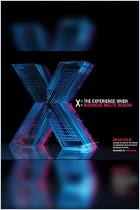
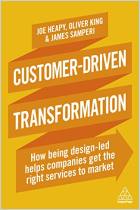
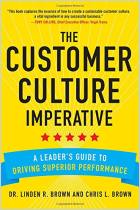
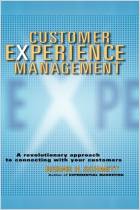
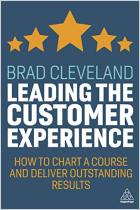
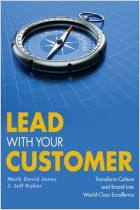



Comment on this summary